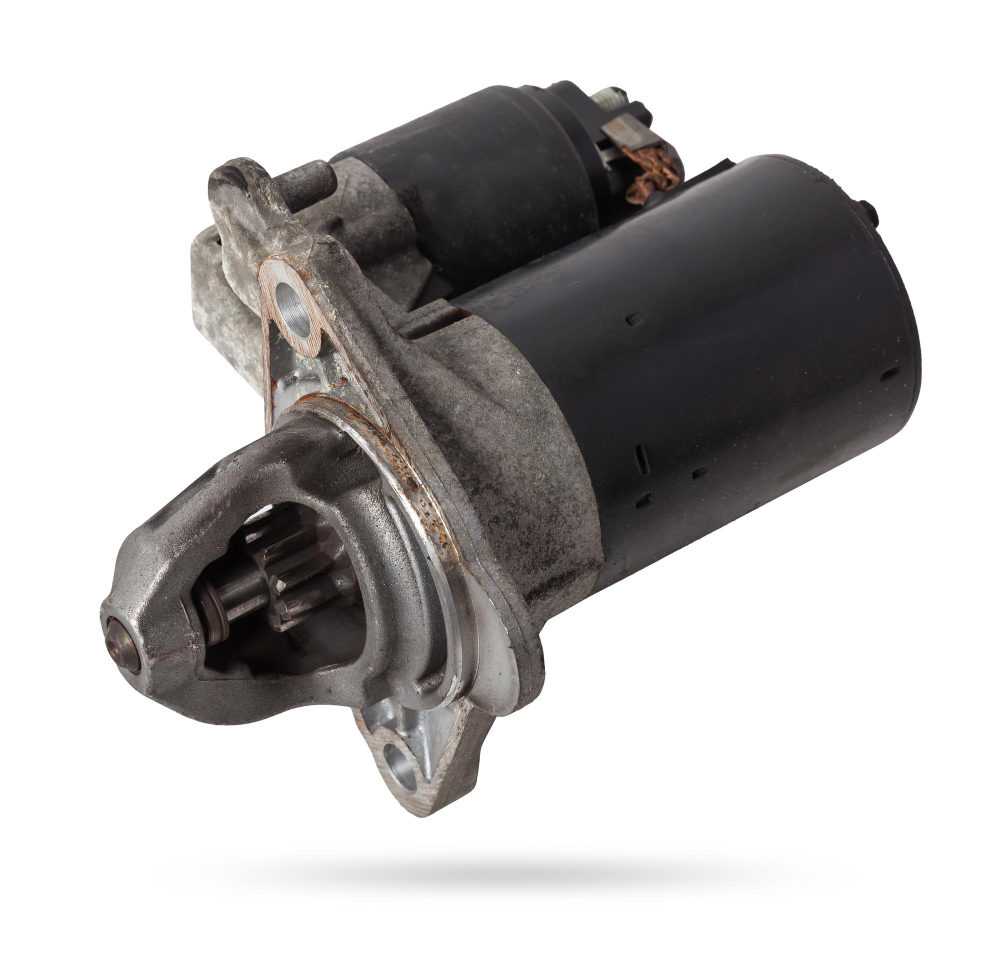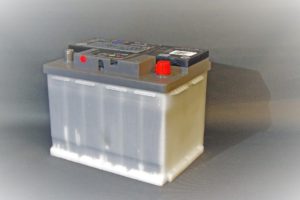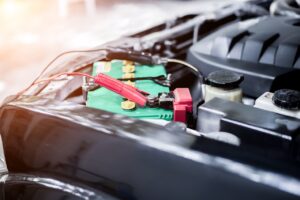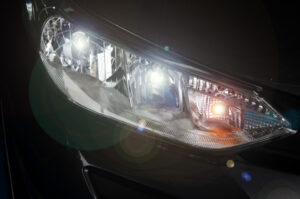Starting troubles can strike at the most inconvenient times, leaving you stranded in a parking lot or running late for an important meeting. While a dead battery often gets the blame, your car’s starter could be the real culprit. At Reliable Guys Towing Service, we’ve seen many St. Louis drivers face unexpected starting issues. When you need emergency roadside assistance in the St. Louis metro area, we’re available 24/7 at (314) 325-1016. Before you find yourself in need of emergency assistance, let’s explore the key symptoms that indicate a bad starter.
1. The Tell-Tale Clicking Sound
When you turn your key in the ignition, your car should start smoothly. However, if you hear a single click or rapid clicking sounds, your starter might be failing. This sound occurs when the starter motor attempts to engage with the engine’s flywheel but can’t complete the connection. While a clicking noise could also indicate battery issues, there’s a key difference: with a bad starter, the clicking typically remains consistent even after a successful jump start or battery replacement.
2. Grinding Noises: A Warning You Shouldn’t Ignore
One of the most alarming symptoms of a bad starter is a harsh grinding sound during start attempts. This noise typically indicates that the starter drive gear isn’t properly engaging with the flywheel. The sound resembles metal scraping against metal – because that’s exactly what’s happening. If you hear this grinding noise, stop trying to start your car immediately. Continued attempts could damage both the starter and your engine’s flywheel, turning a starter replacement into a much more expensive repair.
3. The Slow Crank Situation
Does your engine seem to turn over more sluggishly than usual? A slow-cranking engine often points to a failing starter motor. While this symptom can mimic a weak battery, there’s a crucial difference. If jump-starting your car temporarily resolves the slow cranking but the problem returns even with a fully charged battery, your starter motor likely needs attention. The starter’s internal components wear down over time, reducing its ability to turn the engine efficiently.
Understanding Starter Components
Before diving into more symptoms, it’s helpful to understand the basic parts of a starter system:
- The starter motor: The main component that turns the engine
- The solenoid: Acts like a switch to engage the starter
- The drive gear: Connects the starter to the engine’s flywheel
- The electrical connections: Provide power to the entire system
Each component can fail differently, producing distinct symptoms that help identify the problem.
4. Intermittent Starting Issues
Sometimes your car starts perfectly; other times, it stubbornly refuses. This inconsistency often indicates a bad starter, particularly when the problem occurs regardless of weather conditions or battery charge. The starter’s internal components might be wearing unevenly, causing sporadic failures. Keep a log of when these issues occur – patterns can help professional mechanics diagnose the problem more accurately.
5. The Stuck Starter Scenario
In some cases, a bad starter might continue running after the engine starts. This dangerous situation occurs when the starter’s solenoid fails to disengage properly. You’ll likely hear a whining noise, and your engine might run roughly. This condition requires immediate attention as it can cause extensive damage to both the starter and engine components.
6. Smoke: The Serious Warning Sign
If you notice smoke while attempting to start your car, stop immediately. This critical symptom often indicates an electrical problem within the starter system. The starter might be drawing excessive current, causing wiring to overheat. This situation creates a fire risk and requires immediate professional attention. Never attempt to start a smoking vehicle – safety should always come first.
7. Complete Starter Failure
The most obvious sign of a bad starter is complete failure to crank. When you turn the key, you might hear nothing at all – no clicking, no cranking, just silence. While this could indicate several electrical issues, a failed starter is often the culprit, especially if you’ve noticed any of the previous symptoms.
Weather’s Impact on Starter Performance
Extreme temperatures can affect starter performance. In St. Louis’s varied climate:
- Cold weather can thicken engine oil, making the starter work harder
- Summer heat can affect electrical components and connections
- Moisture from rain or humidity can impact starter operation
When to Seek Help
If you notice any of these symptoms, it’s best to have your vehicle checked before you end up stranded. While some starter problems develop gradually, others can appear suddenly. Always keep the number of a reliable towing service handy – you never know when you might need assistance.
Here in the St. Louis metro area, Reliable Guys Towing Service provides fast, professional car jumpstart service when you’re facing car troubles. Whether you’re on the Illinois or Missouri side of the metro area, we’re ready to help get you back on the road. Remember, we’re available 24/7 at (314) 325-1016 for emergency towing and roadside assistance.
Don’t let a bad starter leave you stranded. Understanding these warning signs helps you make informed decisions about when to seek professional help. While we can’t fix your starter, we can ensure you and your vehicle reach a trusted repair facility safely.




